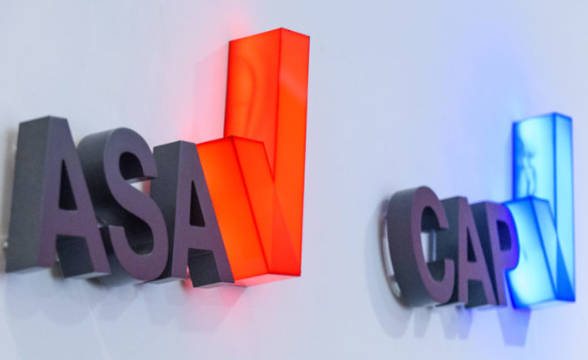ASA Weighs in on Foxy Games and Betfair Casino Complaints

The UK Advertising Standards Authority has reached rulings in two complaints that reportedly suggested irresponsible gaming practices. ASA has outlined its conclusions for both Betfair Casino and Foxy Games’ ads.
Regulator Praises Swift Action in Taking Down “Irresponsible” Advert
The Advertising Standards Authority (ASA) – the UK media watchdog – has reached a ruling in the complaint lodged against Foxy Games, upholding its position that the advert was “irresponsible” and failed to comply with specific guidelines.
Foxy Games is an ElectraWorks brand, which is a GVC subsidiary. At the same time, ASA dismissed another complaint against Betfair Casino. According to the first complaint, the one specifically objecting to Foxy Games’ campaign, a Google search ad that appeared on July 11, 2020 featured the term “make money online” and further stated “Earn Money Online – Foxy Games – Play Online.”
The complaint stated that the ad inadvertently suggested to consumers that they could achieve “financial independence” by pursuing online gaming, and playing the displayed slots and bingo games. Foxy Games responded that the advert was a result of human error and had been quick to remove it once the mistake was caught.
ASA reminded Foxy Games to revise any and all ads that could imply that gambling is a way towards financial independence and further said that the CAP Code prohibited such wording. A statement further read:
“We considered the claim ‘Earn Money Online’ suggested to consumers that the gambling system offered by the advertiser could be used to ‘earn’ money and therefore attain a regular source of income.”
Advertising Standards Authority
ASA thanked Foxy Games for acknowledging the mistake and taking swift action to ensure that the mistake is undone. The advertiser took action to address the issue, ASA’s statement read.
ASA Rules Against Complain in Betfair Casino Case
In another ruling, ASA examined a TV ad by Betfair Casino. The ad showed a man at an airport who was just about to board, trying to finish a quick gaming session at the same time. The complaint stipulated that gambling was portrayed as an activity that takes priority over real life, citing the last call for the person to board their plane.
Betfair responded promptly to the complaint at the time, arguing that it was devised and delivered with great care and cleared by Clearcast as compliant with BCAP Code.
The intent of the ad was not to display gambling as taking priority over real life, but rather communicate the player’s intent to enjoy a quick session instead.
In the ad, the man showed his phone to a flight attendant, displaying the Betfair Casino App, suggesting that there was no stigma attached to his pastime. ASA’s ruling was that the ad was “considered” and there was a sense of “calm” with the player boarding in a “collected manner”
“We did not consider that the ad gave the impression that people should gamble in situations where they were genuinely at risk of being distracted from an important task,” concluded. Overall, ASA has been able to ensure that consumers, and especially children, are exposed to fewer gambling ads overall.
Mike made his mark on the industry at a young age as a consultant to companies that would grow to become regulators. Now he dedicates his weekdays to his new project a the lead editor of GamblingNews.com, aiming to educate the masses on the latest developments in the gambling circuit.










